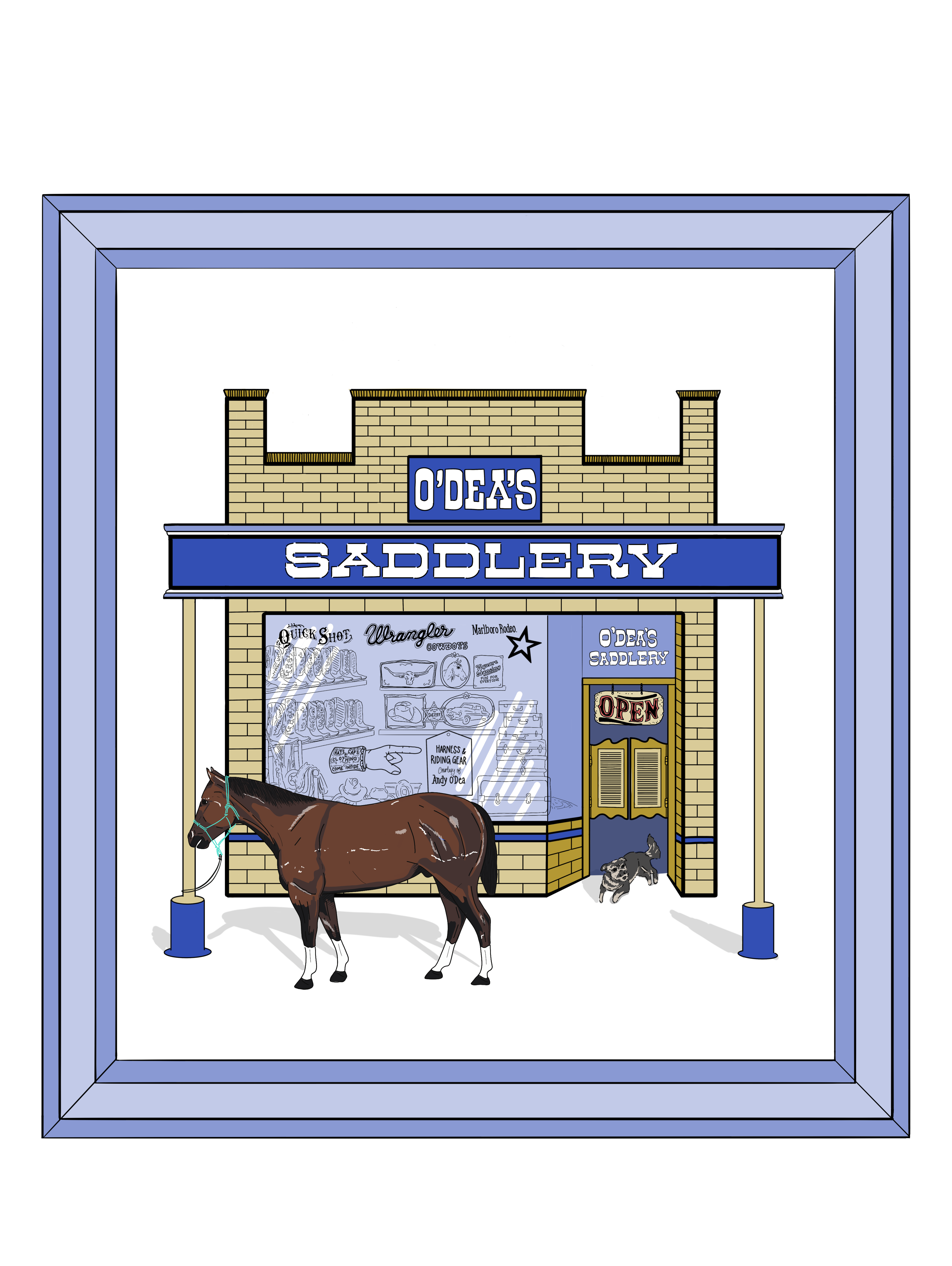When I was asked to compile a short article on dehydration effects on horses, I said O.K this won't be too difficult but as I began to consider and compile some facts and experiences there are certainly a variety of situations to consider. However, we need to remember not to make a mountain out of a molehill.
Sure, if we are talking about endurance horses in long distance events in very hot weather, where the horse can sweat up to 60 litres a day, or a Melbourne Cup runner, then dehydration is a very important consideration. But for the average show/dressage pampered horse of today dehydration shouldn’t cause too many problems.
Do you know the signs, causes and treatments of dehydration?
Do you cause your horse to dehydrate? Think about it! A trillion rugs on him, “He’s so toasty warm? We better leave his rugs on in the float.” Meanwhile you are taking your coat off to get in the car. Hours later, as we unload, “gee he’s had a pee. It couldn’t be sweat?” Or.. “he’s a bad traveller, nervous, excitable, fussy eater/drinker at the event,” etc.
His coat won't come out on the way to the show. Horses travel better when they are cool. Take those rugs off on the way to the event. Simply leave a light cotton set on to keep them clean. Take a pinch of skin on the neck and see how quickly it snaps back. If it’s slow, that’s an indication of dehydration. The same as a pinch test on the back of a human’s hand.
So before we even take into account the horse’s workload and heat condition, age and temperature we need to be sure we are not exacerbating sweat loss and adding to the natural loss of salt.
Some practical considerations to start with…
- Is he on dry feed, stabled or grazing on green pasture? Do you eat your porridge/muesli dry? Simply dampen their dry feed and/or soak or hose their hay. This can also help soften the tough stalk of lucerne and reduce wastage.
- Ensure they have a deep water trough so the water stays cool. If you don't have an automatic trough make sure the water is topped up and clean regularly to reduce slime build up.
- Provide your horse with shade. Consider stabling during the hot summer days and putting them out in the paddock at night. They’re more inclined to graze in the cooler night temperatures.
- Don't over rug your horse. Try to use rugs that are breathable. Remove and/or be very cautious with synthetic rugs when temperatures reach 19 degrees or above.
- Take some water from home that your horse is used to. How many times do we find when we get to the event your horse won't drink the water? I bet you have taken enough feed for a week but not any of his water from home that he is used to. Take a drum of water from home or add some molasses to water to encourage drinking at an event.
During a hot summer, two of my large hacks on dry pasture would drink almost 44 gallons of water. (165-200L) 22 gallons (85-100L) each day and they were not in-work. So am I game to work my horses and make them sweat on a hot day? You bet! Because we are not running a Melbourne Cup everyday and there are many excellent products on the market to help, combined with common sense, you have nothing to worry about.
There are products to put in the feed, water and directly into his mouth. I find products like Recharge very good after a long hard day of Fox Hunting. The horses generally don’t want to eat or drink, so a shot of Recharge paste over the back of the tongue and a dose the next day is a very good pick-me-up. But if nothing else, just 2 tablespoons of plain salt (sodium) or Epsom Salts (magnesium) will help also.
If your horse is paddock run and in light work, there should be no problems. But if hard fed, full work, fast work (20km/h) or long slow work under 20k/h in hot conditions then yes you may need to supplement his diet.
Lactic Acid build up in the muscle cells will cause the muscles to contract causing soreness and stiffness. This may occur with fast work, unfit horses being overworked or working much more than normal the day before an event or hard the morning of the event. Combined with the travelling this is not the same as 30 minutes of usual work out at home. In this case an alkaline base electrolyte would be used.
Horses in slow work, walk, trot, slow canter, exercising in moderate conditions, (for example; trotters 45 minutes of jogging with a cool down period) can lose 30 Litres of sweat. This constant sweat loss may cause Alkalosis. A tell tale sign is blowing after exercise, nervousness or spookiness. An acid salt mix would be used for horses with prolonged sweat loss.
But remember these conditions are at the higher end. Products like recharge contain electrolytes, glucose and glycine to rapidly replenish salts and fluids. A bit like the sports drinks that are available for humans.
After excessive sweating allow the horse to cool down with a hose before offering water and ensure the water is not too cold. The hot body and cold water may shock the body and induce colic. Offer small portions of water at a time.
So it’s like us, a good balanced diet with plenty of fresh water and if we over do it a bit, it's a berocca for us and some electrolytes for him.
Compiled by Trevor O’Dea
O’Dea’s Saddlery, Shepparton, Est 1952
